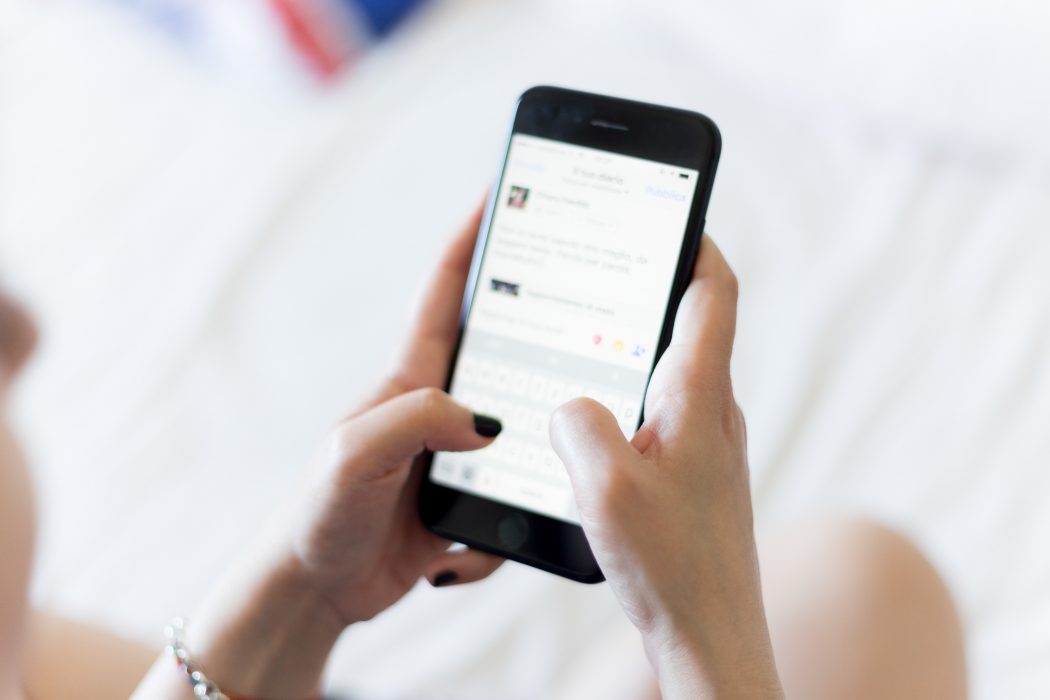Guest column: Consent and COVID-19
COVID-19 has changed our daily lives and the ways we interact with others; our intimate relationships are no exception. It’s important to discuss how to safely date as states reopen and remove physical distancing restrictions.
A big part of dating amidst COVID-19 involves informed decision making, particularly related to navigating potential risks for exposure. COVID-19 spreads through physical contact with others and the majority of people who become infected have no symptoms. Each of us is going to weigh the risks differently and may be more or less willing to do certain things.
We should not shame someone for the precautions or risks they take in their dating life during COVID-19. We may disagree with or be disappointed by their decision, but we do not have the right to make them feel bad about it. We should not pressure someone to meet in-person, have physical contact, or have sex if they are concerned about being exposed. Just like with sexually transmitted infections, we can’t look at someone and know whether they are infected. Don’t be offended if someone doesn’t “take your word for it” that you haven’t been exposed. Beyond being concerned for their own health, they may have others in their life who could be impacted.
We should also not belittle someone’s desire for in-person interactions. Humans are social creatures and physical distancing for long periods of time has a negative impact on our well-being. We need relationships and interactions with each other in-person, not just through screens. Instead, we should help the individual who is longing for physical contact understand the risks of exposure and take steps to decrease those risks.
Being in a relationship with someone always involves boundary setting and consent. ‘Consent’ might sound like an icky, official term, but it’s simply respecting boundaries. Consent is clearly communicating what you are and are not okay with and asking others to do the same. We must respect another’s boundaries without pressuring, manipulating, or coercing them into adjusting their boundaries to fit what we want.
As distancing restrictions are lifted, it’s important we practice ‘COVID-19 Consent’ by asking others what boundaries they have and identifying our own. Are you okay with meeting in-person? How can you communicate your comfort with physical contact and meeting in-person? What will you do if your concerns aren’t respected? If you are not okay with in-person dates, then consider how to set and maintain boundaries in your online dating life.
What does practicing consent look like? Consent looks like asking if it is okay to exchange explicit photos before sending them, respecting if someone isn’t ready to meet in-person, and pausing if someone seems uncertain. Consent is about respect.
As much as we’d like to believe all dates end in happily ever after, that isn’t the case. As an Upstander, it is important to learn the signs of unhealthy relationships and be prepared to intervene. Various forms of violence are used to gain power and control over a partner; emotional or verbal, physical, sexual, reproductive, social, economic, and technological.
Physical distancing has increased the risk of harm for those who are experiencing relationship violence. Pay attention to signs of abuse among those around you. If you know someone is experiencing relationship violence, but isn’t ready to get help, keep lines of communication and support open. If you aren’t sure what to do, contact the USU Sexual Assault and Anti-Violence Information Office (saavi.usu.edu) or call the National Domestic Violence Hotline (1-800-799-SAFE). If you think someone is being hurt or their life is at risk, call 911.
We also need to serve as a resource to those who are dating online. Remind them they deserve to have their boundaries respected and consent matters. If you know someone will be going on a date in-person for the first time, ask where they are going, how long they intend to be gone, and create a ‘safe escape’ plan.
At Utah State, we are a family of Upstanders who choose to step in and speak up against violence. Navigating the world amidst a pandemic is new for all of us, but respecting boundaries, practicing consent, and helping those in need is nothing new to the Utah State family.
About the authors:

Emmalee Fishburn is the Senior Prevention Specialist in the Office of Equity at Utah State University. In her role, she coordinates sexual misconduct prevention efforts for faculty, staff, and students at all USU campuses. She has her Master of Public Health degree in Professional Health Education and is a Certified Health Education Specialist.
emmalee.fishburn@usu.edu (435) 797-0346

Felicia Gallegos, MSW, is the Outreach and Prevention Coordinator for the Sexual Assault & Anti-Violence Information (SAAVI) Office at Utah State University. In her role, she works closely with the Office of Equity Prevention Specialists to implement sexual violence prevention efforts. She is also responsible for planning and executing several events, campaigns, presentations and trainings to raise awareness about SAAVI.
felicia.gallegos@usu.edu (435) 797-4188

